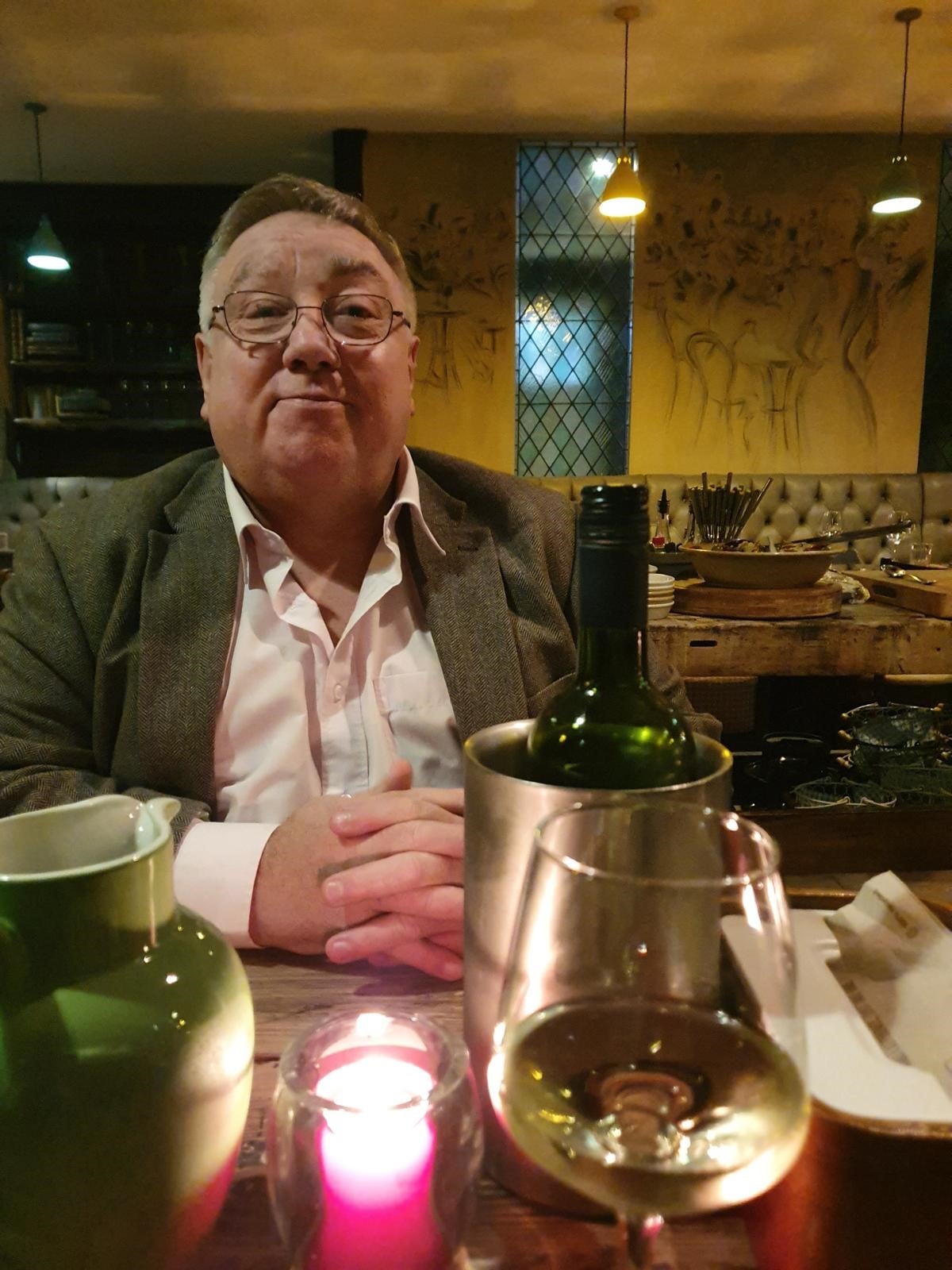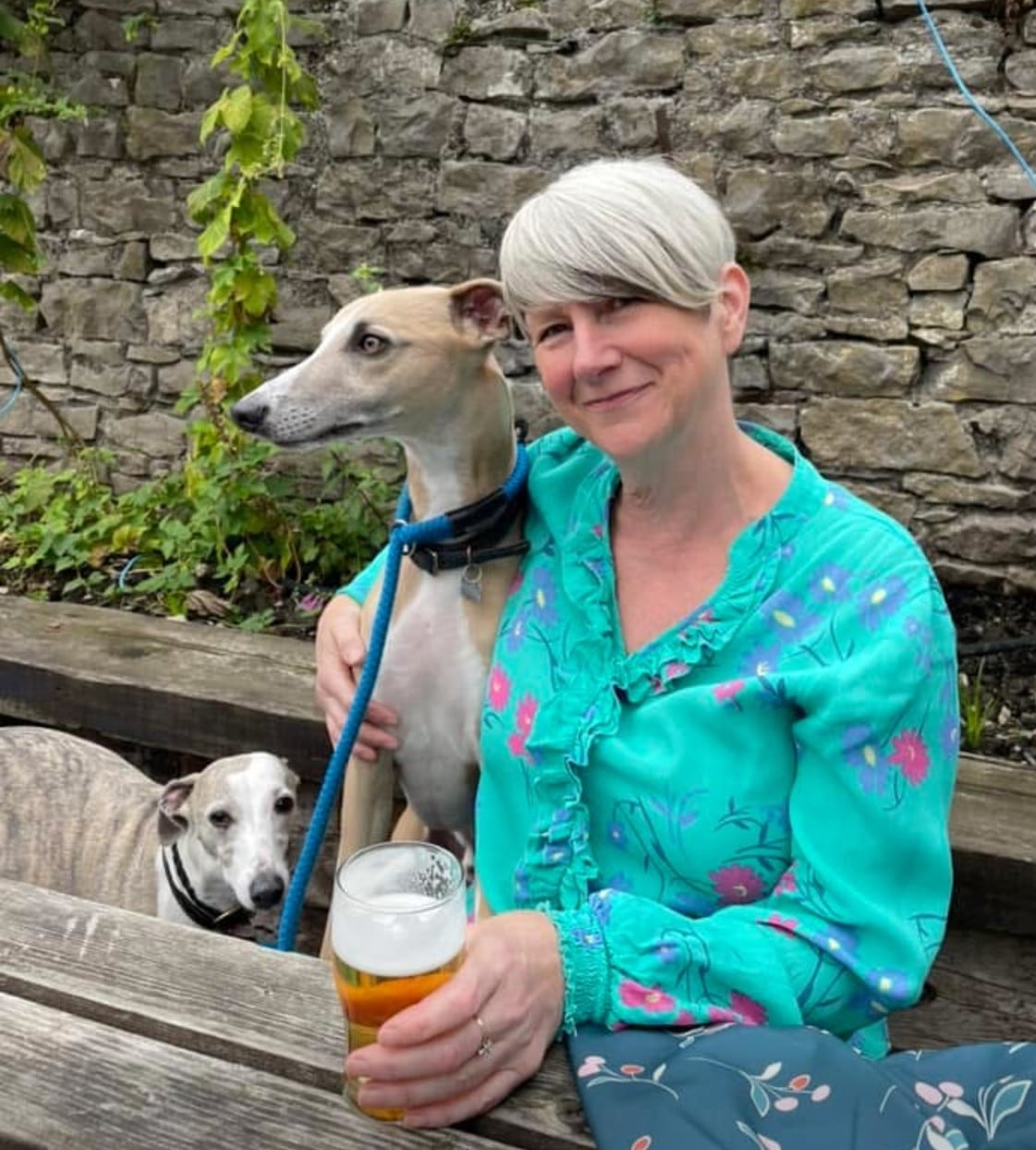The decision by the Government to reform licensing regulation sparked online debate, with established operators raising concerns about the opportunities for cheaper micro-pubs and craft beer bars opening in shops and increasing pressures on consumer spend.
Others welcomed the move, praising the opportunity to increase competition and diversity in the pub and bar space.
Here the MA presents two alternative views on the debate, from Paul English, operator for the Kings Head in Docklow, Leominster, and Tracey Holden, operator of the Micropub The Bankers Draft in Pendle, Lancashire.

Paul English, operator of the Kings Head in Docklow, Leominster
I am now at retiring age, but have been around the trade for my whole life, in many different positions. I was also one of the youngest Licence Holders in the Country. In those days you had to go to the Licensing Bench at the Local Magistrates Court to plead your case and get your licence.
It was almost impossible to get a full on license for a new premises, save for newly built pubs on a new housing estate.
That has all now changed, the local council is responsible for issuing a premises licence and a personal licence holder is responsible for day to day running of the premises. You can become a Personal Licence holder by doing a one day online course with an examination on line at the end.
I strongly object to the Government’s new idea to make it easier to get a licence for an empty shop. Some say we have to move with the times, but I don't believe that.
As we are all aware many many pubs are struggling to keep their heads above water with many expected to close in the coming year.
In a local town about five miles from me, there were five pubs. A small shop, near three of the pubs, was converted into a craft ale bar. It applied to the council and was granted a full premises licence.
In under a year all three tenanted pubs have closed.
The craft beer bar didn't steal all their trade. But in these hard times people only have so much to spend. Those pubs that were bumping along, just about covering the expenses saw their trade drop by about five to 10% just enough to push them into the red.
They also had to pay for more staff and they were much larger premises so more expensive to light and heat than the craft bar. The craft bar opened less hours and was run by the owner.
I realise we have to move with the times, most of Europe is covered with small bars and Cafe's. So I presume there is a rush for us to follow suit, but I for one will very much mourn the end of the Great British Pub, with very near a thousand years of history.

Tracey Holden, operator of micropub the Bankers Draft in Pendle, Lancashire
It’s not breaking news that the combination of spiraling costs and low consumer spending is sadly putting many of our Great British Pubs at threat of closure.
Equally we all know that socialising is vital for our mental health. Studies have suggested that people with strong connections live a longer, healthier, and happier life.
Pubs have always played a significant role in our social landscape. However, over the years, many have become large open plan spaces, where customers sit at separate tables, often quietly checking their smartphones instead of starting a conversation with people they don’t know, whilst drinking a product they could have cheaper at home.
Run of the mill chain pubs are simply losing their appeal.
So what makes a micropub different? With no TV’s, or loud music, micropub’s actively encourage REAL world social networking.
The venue size itself, normalises sharing a table with a stranger. In a world where we all too often simply say hello in passing to our neighbours, people engage in meaningful conversations, and make new friends.
Each micropub is unique and often opened in empty shops, which is great news for our high streets. They are independently owned, by people who are genuinely passionate about beer, and rarely sell mass produced products.
They support small independent breweries, who are in turn struggling to survive, and offer an ever rotating range of beers that simply can’t be bought in the supermarket.
People are more likely to leave home to sample that one-off beer, before it runs out, than a mass produced product that will still be there tomorrow.
In an ever changing world, where pubs are fiercely competing for the lower footfall, micropubs may just be the ones to survive, partly due to their lower running costs, but mainly because they offer an experience you just can’t have at home.
Sadly it’s inevitable that we will lose more pubs in the future. Micropubs will not take over the world but may just bring a social lifeline to towns and villages throughout the country.

